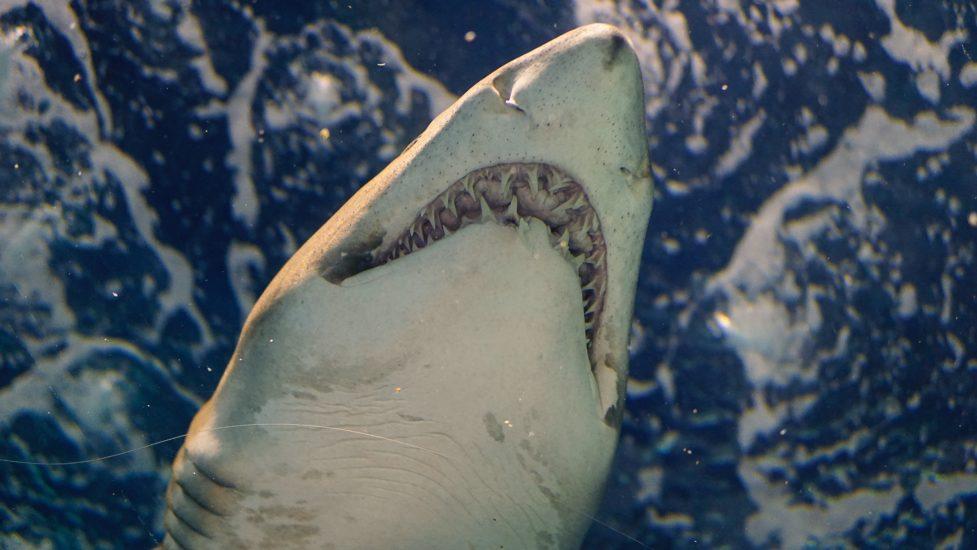UAVs Take Flight to Save the Sharks
You’re Gonna Need a Drone, Not a ‘Bigger Boat’

“You’re gonna need a bigger boat,” actor Roy Scheider exclaimed, awestruck, when a great white shark broke the surface of the water where he was tossing chum. The year: 1975. Moviegoers experienced something vastly more frightening than zombies or haunted houses; this threat was real and it forever changed the world’s perceptions about going for a swim in the ocean while spending a day at the beach. The film: Jaws.
Researchers today have a better understanding of the threats sharks pose to swimmers. They are also gaining a deeper perspective of the role sharks play in the ocean’s ecosystem, thanks largely to remotely operated vehicles (ROVs) – drones – often flying beyond the visual line of sight (BVLOS) of their pilots.
A 2021 study by Australian, French, and American researchers published by MDPI explains how ROVs can further advance the science of shark studies.
Drones Can Save Sharks and Swimmers
Sharks’ migratory nature, their sub-surface habits, and the waters they swim in, have made studying individual sharks, and the species as a whole, challenging.
Drones, however, offer direct visualization of sharks and greater opportunities to mitigate harm to people and the fish.
Improvements in drone design and battery capabilities, along with advances in hexacopters that will enable lifting and deployment of heavy equipment, will be able to facilitate drone imagery to draft 3-D reconstruction of a shark’s body. The information gathered can be processed and transmitted in real-time, all while safeguarding researchers’ lives and the sharks’ lives and habitat.
The cost of such research continues to drop, which will lead to more, and better, data. Advances in drone design, video image resolution, battery life, and lower study costs will expedite research by allowing longer flight times and more data collection. Pairing the data collected from ROVs that operate above the surface with that collected below the surface will yield a more-complete dataset.
What will be necessary, though, researchers say, are qualified drone pilots capable of carrying out the studies safely. Drone pilots: Opportunity is knocking at your door.
Want to stay up-to-date about the latest developments in the eVTOL industry? Subscribe to AeroCar Journal now. It’s FREE (for a limited time)! Join us on Twitter for the latest news, analysis, and insight about the eVTOL industry. AeroCarJ


